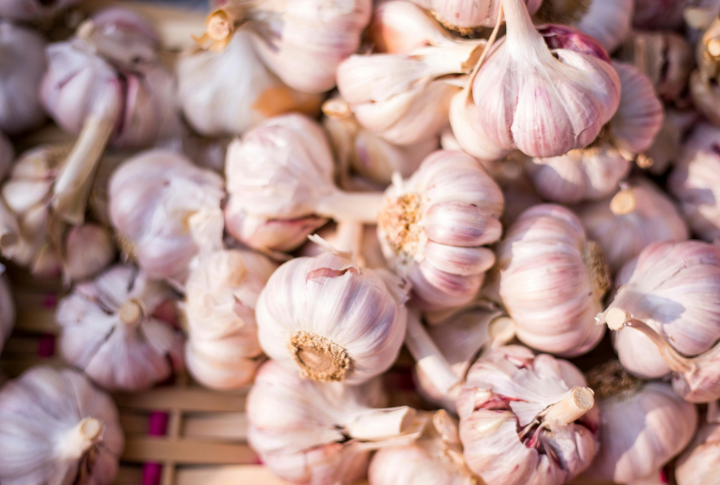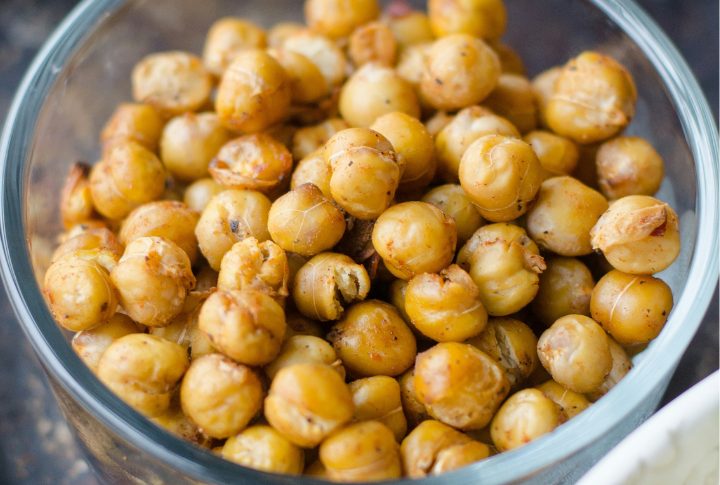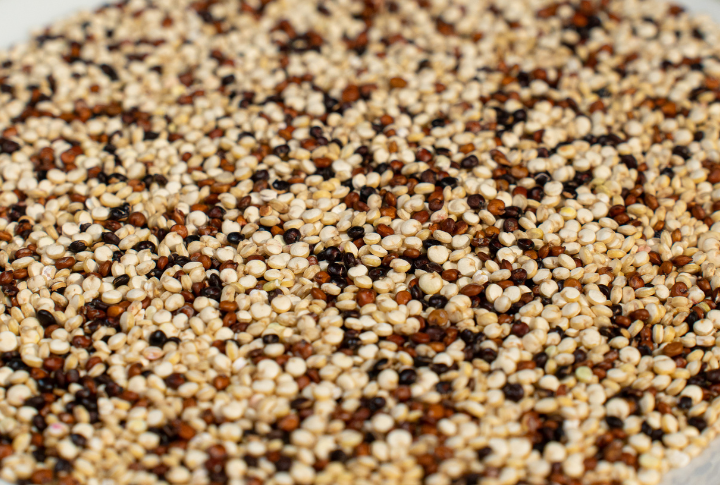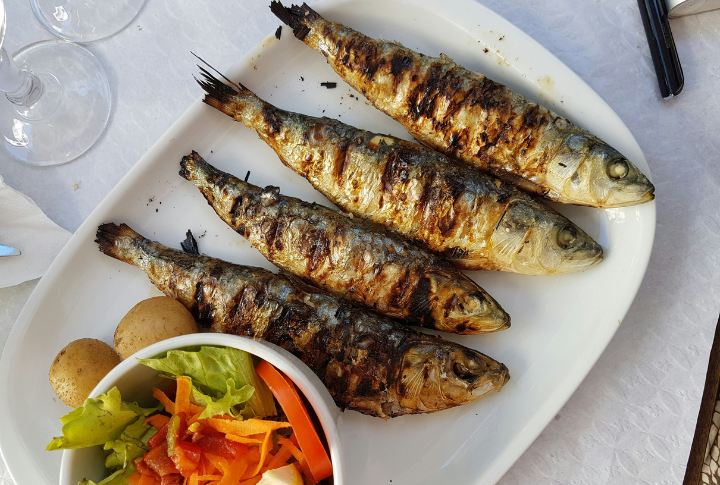
Your body relies on key nutrients to function at its best, but some foods go beyond basic nutrition. Certain plant compounds and antioxidants have been studied for their potential role in protecting cells and supporting overall health. Curious about which foods stand out? Here are ten that researchers have linked to cancer-related studies.
Broccoli

Broccoli contains sulforaphane, a potent plant compound that encourages the body’s detoxification enzymes to flush out harmful substances. Research from Johns Hopkins University found that people who consumed broccoli sprouts had increased elimination of air pollutants. Blend it into soups or add it to your omelet for a nutrient boost.
Berries

Rich in flavonoids, berries help repair oxidative stress damage that can lead to cancer. Toss them into a smoothie or yogurt for a tasty dose of protection. A study from the University of Eastern Finland highlighted that blueberry consumption improved DNA stability. Blackberries and raspberries also contain ellagic acid, which may disrupt cancer cell development.
Tomatoes

Roast tomatoes for pasta or pair with olive oil for improved lycopene absorption. Tomatoes are more than just a salad staple—they contain lycopene, a pigment that accumulates in tissues and has been linked to protecting skin cells from harmful UV damage. The American Institute for Cancer Research notes that cooking tomatoes enhances lycopene absorption.
Garlic

Garlic shouldn’t be treated as just an aromatic for flavor in food. It boosts immune function by increasing white blood cell activity, helping the body detect and remove harmful cells. A study published in Cancer Prevention Research found that aged garlic extract significantly reduced inflammation markers. Mince raw garlic into dressings or try them whole with some honey.
Leafy Greens

Most leafy greens like Swiss chard and spinach are packed with lutein and zeaxanthin, pigments that protect cells from oxidative stress. The National Cancer Institute highlights that these compounds support DNA stability. A bright green smoothie or a fresh spinach salad is an easy way to load up on these powerful protectors.
Legumes

Lentils and chickpeas are rich in resistant starches, which act as prebiotics to feed gut bacteria. Maintaining a balanced gut microbiome helps lower the risk of colorectal cancer through inflammation reduction and immune system support. The fiber in legumes also helps move waste efficiently through the digestive tract, minimizing exposure to potential carcinogens.
Whole Grains

A study published in The Journal of Nutrition found that higher whole grain inclusion in the diet is associated with lower serum concentrations of high-sensitivity C-reactive protein (hs-CRP) in older adults, suggesting reduced inflammation. Swap white rice for quinoa, or start your day with fiber-rich oatmeal. Barley and oats provide the fiber necessary to maintain good gut health.
Fatty Fish

Fatty fish, including sardines, are packed with omega-3 fatty acids, which are known to lower inflammatory markers, especially EPA and DHA. Studies show that omega-3 can reduce the Tumor Necrosis Factor-Alpha (TNF-α). Plus, a clinical trial in The American Journal of Clinical Nutrition found that higher omega-3 improved immune cell function.
Nuts

Brazil nuts provide selenium, almonds offer vitamin E, and walnuts have polyphenols—each with distinct antioxidants. Research on Nutrients indicates that different antioxidants work to strengthen cellular protection. A meta-analysis of large population studies published in Nutrition Reviews identified a 15% lower overall cancer risk for each daily ounce of nuts consumed.
Green Tea Infused Food

Matcha energy balls and green tea baked goods provide catechins—polyphenols that interact with enzymes to slow abnormal cell growth. The National Cancer Institute states that regular intake of green tea catechins may contribute to lower cancer risks. Combining green tea catechins with certain anticancer medications has shown efficacy in inhibiting cancer cell growth.
Leave a comment